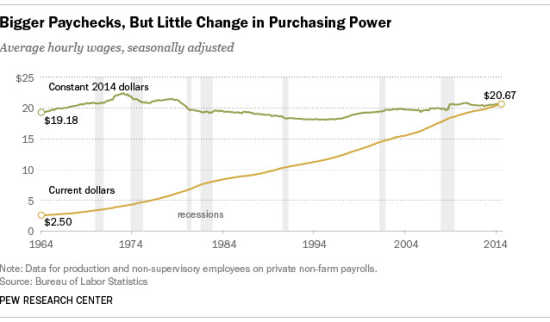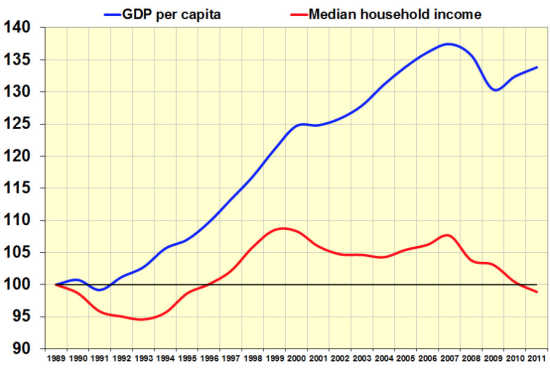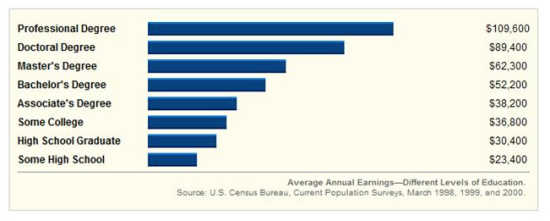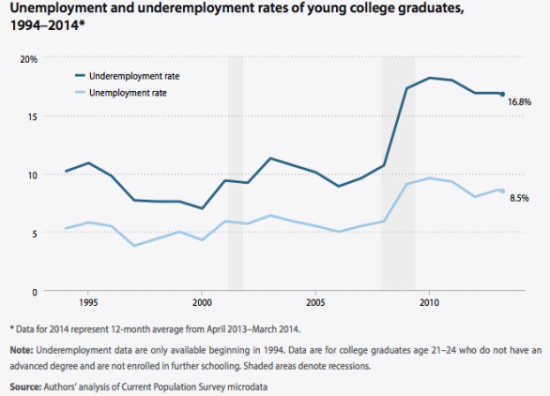Uncertain times, uncertain future

"The times, they are 'a changin'..."
Singer-songwriter Bob Dylan first uttered these words more than 50 years ago and yet they still have an impact today.
The Civil Rights movements, the decline of America's post-World War II prosperity and the liberal ideologies of the '60s undoubtedly had an influence on his lyrical choice, but why do they still ring true to people who were born 20 or even 30 years after his penny pencil first expressed the phrase?
I believe the answer is simple -- the "old" America is gone.
Long gone.
From the Declaration of Independence to the mid-20th century, our predecessors lived in a 175-year era that lasted until the age of the Greatest Generation and the Baby Boomers (a more recent memory for some than others).
Thanks to the sacrifices made by so many during the Second Great War, America had never been more prosperous: The Gross Domestic Product (GDP) grew by 250 percent in the 1950s (when America and its victorious allies possessed nearly all of the world's economic might -- an unintentionally positive side-effect of one of the worst periods in history); the average family income tripled to nearly $20 an hour, in 2014 dollars (source: PEW Research Center); the housing market was booming (developers were building 1.5 million homes per year); 60 percent of Americans were considered "middle class" as opposed to a non-majority of 50 percent in 2015; consumer spending doubled; only four percent of babies were born out of wedlock, compared to nearly 40 percent today (90 percent of children grew up with married parents); no chronic drug epidemics, such as cocaine (or more specifically the crack-cocaine epizootic of the '80s) had yet occurred, which saw the allocation of millions of dollars to fighting an unending and futile "war on drugs"; and cost of living was at an all-time low (source: city-data.com).

When one puts all of these statistics together, especially by combining the tripled-average income with an all-time low in cost of living, it becomes most-apparent and one can easily surmise as to why my grandparents did so well without a college education.
I believe the economy has changed drastically (if you disagree, please comment below) and it is affecting millions of younger and younger Americans every year -- in ways numbering more than one:
The average student-loan debt with which a graduate leaves college (I cannot stress enough the word "graduate") was $29,400 in 2015, a 25% increase since 2008 at $23,450, according to ticas.org (ticas.org/sites/default/files/pub_files/Debt_Facts_and_Sources.pdf).

This is assuming the average American teenager can initially afford the rates for an incoming freshmen at a traditional four-year university.

Once a graduate leaves college, it also becomes apparent that income rates are increasingly closer and closer together, with a large gap forming toward the top of the scale.

So, what's my point with all of this?
Millions of Americans between the ages of 18-22 are experiencing increasing difficulty in going to college, staying in school, finding gameful-employment after departure and paying off student debts that, on the high-end of the $29,400 average, could be as high as $60,000-$70,000.

Let's face it -- if you're pulling down the average income and are able to divert the ludicrous amount of nearly $500 a month toward debt -- it will still take you 10 years to complete the student loan process (arguably the 10 most vital years of a person's life).
Coupled with the fact that Millennials now represent the largest body of workers in the United States, it's becoming a no-brainer as to why our economy is suffering -- several other crucial factors notwithstanding.
We're living in a suffering economy within an ever-changing world that is seeming to have an exponentially negative effect on the youngest demographic of the working-middle class.
Bodes well for the future.
Right?
